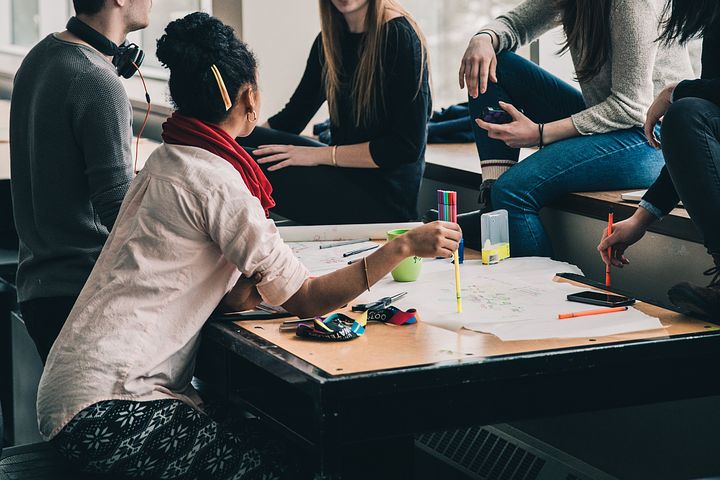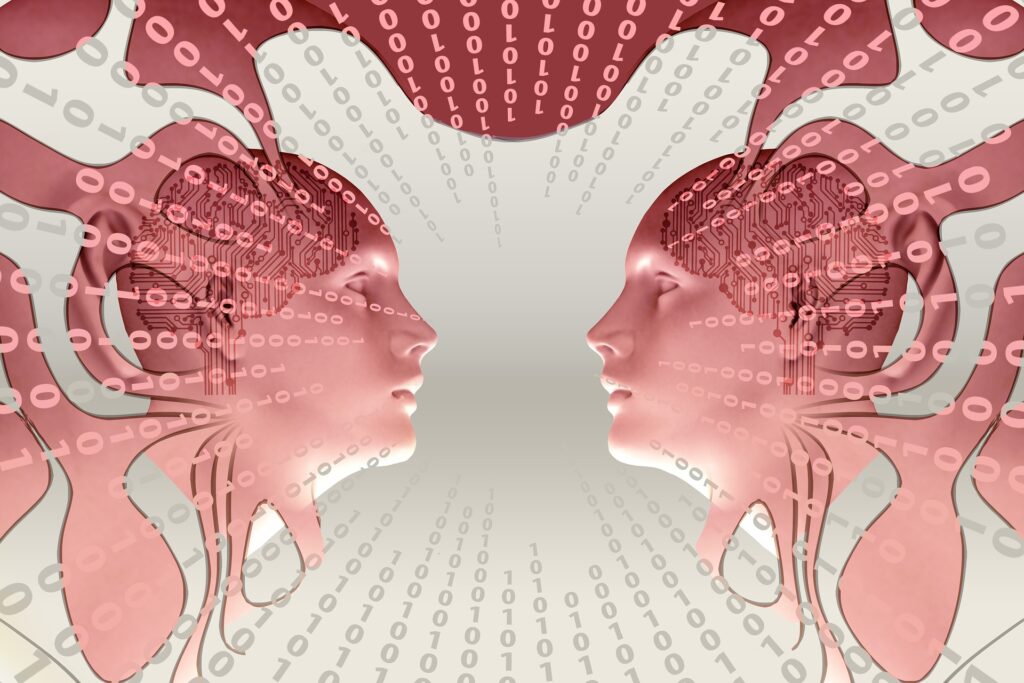The introduction text for the he topic 4 (’Design for online and blended learning’) stated that ”Enhancing community building and promoting student engagement and ownership in learning becomes essential for blended and online learning.” Consequently, I started to ponder what are factors and practices that support students’ engagement and ownership in learning.
I teach about behavior change thus, focusing on questions such as how to support people in doing behavior changes, what predict successful changes and what are possible obstacles for change. Doing behavior changes is not easy, not even when a current problematic behavioral pattern cause evident harm and suffering for the person. Think, for example, smoking, unhealthy eating habits leading to serious illness, work addiction, obsessive hand-washing or physical inactivity. Changing these behaviors needs a strong engagement. One needs to be committed with the goals and activities; committed to do things that can feel difficult or to resist doing harmful behaviors even when feeling strong urges to do them. Commitment can be enhanced by linking the current choice to personal values. It is easier to choose an action that is in line with what one finds important and meaningful even when doing it would be hard and (emotionally) painful.
Accordingly, engagement with some goals, whether it is about learning new habits or learning new skills and knowledge, is always a matter of meaning and personal values.

Feeling engaged with some learning goals and activities is more or less explicitly connected with the questions, such as; “What is valuable for me?”,“How does my meaningful life looks like?”. And making a connection between the current goals and actions and values, thus asking a question; “What makes this course meaningful for me?”, “Why learning this is important to me?”, “ What consequences studying these things have in my life?”.
Integrating value-reflection to studying can enhance students’ engagement and ownership in learning. One study (Chase et al., 2013) showed that a simple task of asking students to reflect and write about their personally important educational values in addition to goal setting, significantly increased students’ academic performance, relative to a wait list, or to majors not responding to the invitation to participate in the study. Moreover, goal setting alone had no positive impact on academic performance.
Accordingly, asking students, why would they put their time and effort on particular course, could make a big difference on their learning experience.
Reference: Chase, J. A., Houmanfar, R., Hayes, S. C., Ward, T. A., Vilardaga, J. P., & Follette, V. (2013). Values are not just goals: Online ACT-based values training adds to goal setting in improving undergraduate college student performance. Journal of Contextual Behavioral Science, 2(3-4), 79-84.

